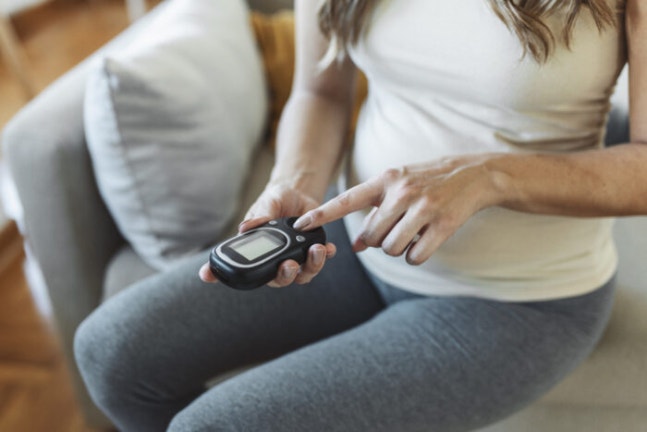
If you have been diagnosed with diabetes in recent years, especially pay attention to 'this'
2024.07.13 20:51
Views Likes Scraps
I should tell my mom right away to get some more sleep.
Your average sleep time is less than 5 hours..
He is a very sensitive person and also has insomnia, so he can't sleep well...
Oh... I can't believe it's a complication caused by microvascular damage...
You should really try to find and do a proper sleep program,ㅠㅠ
------------------------------------------------------------

The research team at Odense University Hospital in Denmark announced that new diabetes patients who sleep less than 7 hours a day or more than 9 hours have more than twice the risk of developing complications such as retinopathy and nephropathy due to microvascular (small blood vessel) damage.
According to research findings to be presented at the European Association for the Study of Diabetes (EASD) annual meeting in Madrid, Spain, from September 9 to 13, this year, recently diagnosed type 2 diabetes patients who do not get the appropriate amount of sleep (7-9 hours) are at a higher risk of microvascular damage leading to retinal and kidney complications. The risk of microvascular damage related to sleep duration was 2.6 times higher for those who sleep too little and 2.3 times higher for those who sleep too much.
In particular, it was found that diabetic patients aged 62 and older who sleep less than 7 hours have a 5.7 times higher risk of microvascular damage. Patients under 62 experienced only a 23% increase in the risk of microvascular damage. However, the influence of age on the relationship between long sleep duration and microvascular damage was not statistically significant.
Dr. Mette Johansen, the corresponding author of the study and a researcher at Odense University Hospital Diabetes Center, stated, "Older diabetic patients must get at least 7 hours of sufficient sleep each day. This can help prevent microvascular damage-related complications such as retinopathy and nephropathy."
The research team classified the 396 participants into three groups based on their nightly sleep duration: less than 7 hours (approximately 12%), 7 to 9 hours (approximately 60%), and more than 9 hours (28%). The average age of the participants was about 62 years, and the average duration of diabetes was approximately 3 years and 6 months. Most were overweight, with a median body mass index (BMI) of 31. Women accounted for 44%, and 68% were taking antihypertensive medication.
The research team measured the sleep duration of these individuals over 10 days using a specific accelerometer (Axivity AX3 accelerometer) and then assessed the degree of microvascular damage. Microvascular damage was defined as either a urine albumin-to-creatinine ratio (UACR) of 30 mg/g or higher, or the presence of diabetic retinopathy (DR) as evaluated through ophthalmologic examinations. The team analyzed the data considering factors such as age, gender, body mass index, systolic blood pressure, smoking habits, hemoglobin A1c (HbA1c), duration of diabetes, and duration of antihypertensive medication use.
0
0
Comments 1